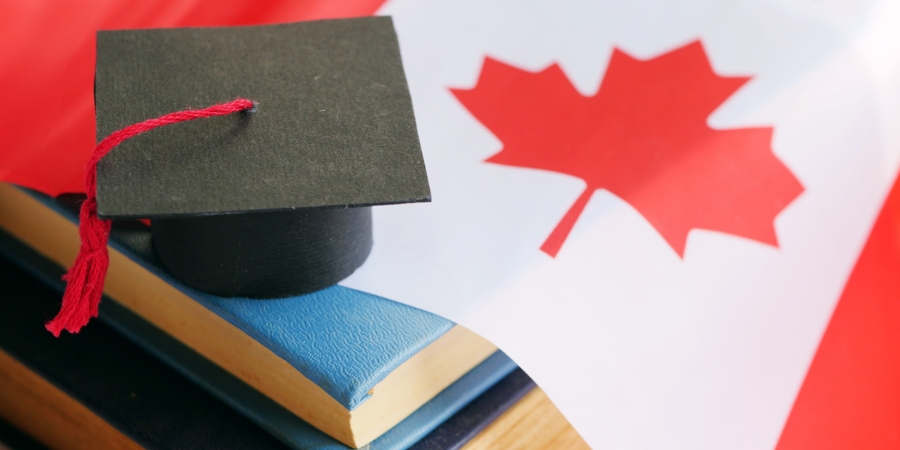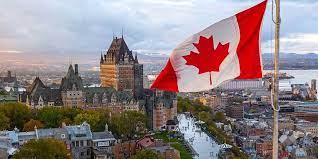IRCC introduces new programs to PGWP-eligible fields of study
Canada Global (Web News) Immigration, Refugees, and Citizenship Canada (IRCC) has recently…
Do I Need A Medical Exam To Study In Canada?
Canada Global(Web News) Every year, millions of foreign nationals apply for study permits…
Four Provinces Issue Invitations In The Latest Provincial Immigration Results
Canada Global(Web News)Ontario, British Columbia (BC) and Manitoba issued nominations through their…
Canada Will Not Accept Any New Study Permit Applications Until March 31, 2024
Canada Global(Web News)Immigration, Refugees and Citizenship Canada (IRCC) announced reforms this week…
IRCC invites 4,800 candidates in latest Express Entry draw
Canada Global (Web News) Candidates have been asked to participate in the…
Canada Immigration applications falls in first quarter Of 2023
Canada Global (Web News) In the first quarter of this year, fewer…
Strike in Canada affects Immigration and Tax services
Canada Global (Web News) The strike by more than 155,000 federal employees…
What are Police Clearance Certificates for Canadian Immigration?
Canada Global (Web News) Police certificates show to Immigration, Refugees, and Citizenship…









